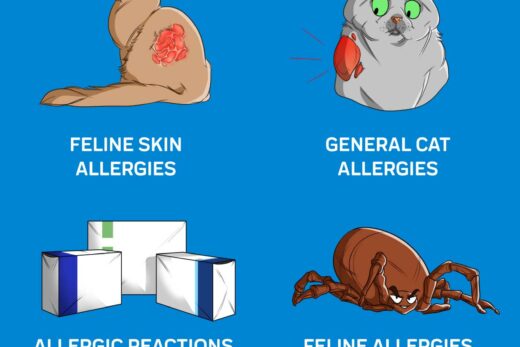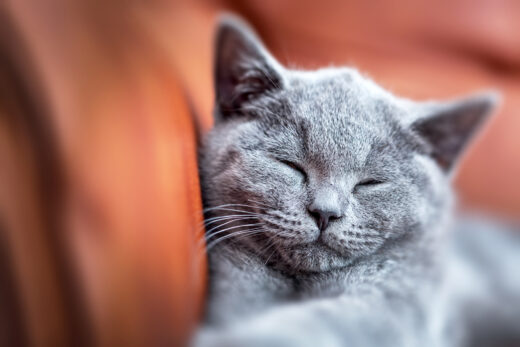
We totally get that your four-legged BFF means the world to you, in a nutshell. We also understand that you would do just about anything on this planet to ensure that your cat’s health, happiness, and well-being are taken care of at all times.
This is why it can be alarming and cause instant worry when your furry friend vomits out of nowhere.
You feed him or her the best of the best meal time cuisine, monitor their health and keep up to date with their vet check ups, and do everything you can as a paw parent to keep them out of danger. So why the heck are they throwing up?
In today’s article, we’ll discuss the reasons for why your cat may be vomiting as well as when it may be time to take your sweet feline friend to the veterinarian.
However, it is important for paw parents to know when it’s time to act quickly, as vomiting can be a small sign that something serious is going on.
Let’s not beat around the bush, let’s get to it!
Two Types of Vomit
There are two types of vomiting that will help your vet in determining the underlying cause(s) of the vomit and how best to treat the issue.
1. Acute Vomiting
This type of vomiting refers to a sudden episode of vomiting and may last 1 – 2 days. Felines with acute vomiting typically don’t have other symptoms associated.
2. Chronic Vomiting
This type of vomiting refers to ongoing vomiting. Felines with chronic vomiting usually vomit more than 1 – 2 times a day and have other associated symptoms present, such as weight loss, depression, and abdominal pain.
Possible Causes of Acute Vomiting
Underlying causes of acute vomiting may range from minor to severe, quickly. Thus, it’s important for paw parents to know these causes and act appropriately.
A) Eating too Quickly
If you have a cat, you know just how fast they eat…..as if it’s their last meal on earth. As a four-legged friend, your cat has a horizontally-positioned esophagus.
If your cat has eaten too fast, they may regurgitate whole, undigested food. This is because the food they’ve swallowed can get backed up in the esophagus instead of passing through to the stomach.
Help slow your cat down when they eat. For instance, give your cat smaller portions at one time. Allow your cat to have ‘relaxed eating’ to help slow their habits because they innately feel that if they don’t get their food, someone else will.
Portion control will also help prevent obesity, in turn, helping prevent additional health issues from developing.
B) Chemicals or Toxins
Ingesting chemicals or toxins may cause your cat to vomit. Poisoning typically leads to severe and sudden vomiting in felines.
Many cats vomit from time to time, some do more than others. But, if your cat doesn’t typically throw up and is suddenly vomiting, consider the possibility that they ingested something poisonous.
Paw parents may not realize that many common household plants are extremely toxic and harmful to cats. If your cat is a fan of playing with your plants, consider purchasing cat grass! Cat grass is great for kitty nutritional benefits.





